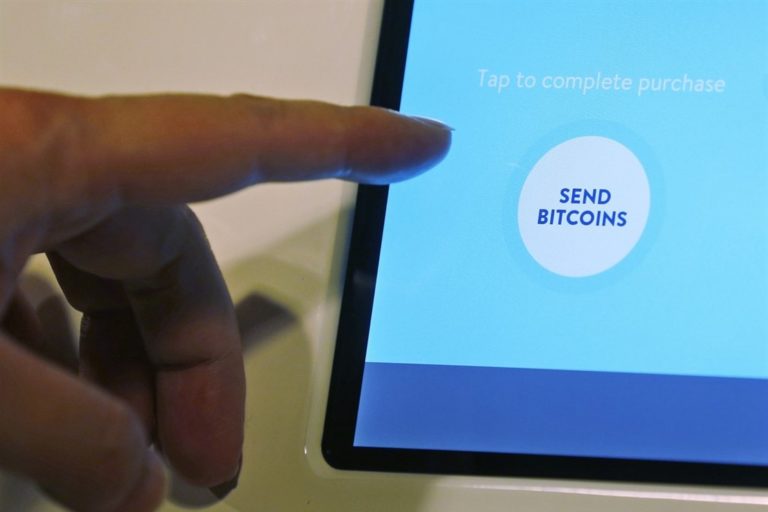The White House is Deciding Whether to Support a Bureau of Cyber Statistics – Nextgov
The White House is Deciding Whether to Support a Bureau of Cyber Statistics – Nextgov


Russian President Vladimir Putin says he’s open to an exchange of criminal hackers with the United States. American President Joe Biden said he would raise the issue with Putin of extraditing Russian hackers wanted in the U.S. at their summit on Wednesday, and Putin appears willing to reciprocate. ″If…
Muhammad Fahd, a 35-year-old Pakistani national, has been sentenced to 12 years of prison in the United States for his role in a scheme that involved illegally unlocking AT&T phones and hacking into the telecoms giant’s systems. The scheme started in 2012, when Fahd and others recruited AT&T call center employees for help in unlocking…

U.S. insurance giant CNA Financial reportedly paid $40 million to a ransomware gang to recover access to its systems following an attack in March, making it one of the most expensive ransoms paid to date. The development was first reported by Bloomberg, citing “people with knowledge of the attack.” The adversary that staged the intrusion…

Personal information of 20 million BigBasket users is now available online for anyone to download and use BigBasket is one of most popular grocery delivery companies in India HIGHLIGHTS : BigBasket’s alleged database included personal details of affected users The database has been leaked by a hacker known as ShinyHunters BigBasket has not yet confirmed…

Application Security , Cryptocurrency Fraud , Fraud Management & Cybercrime Researchers Say Users Paid Fees for Fake Mining Services Dan Gunderman (dangun127) • August 24, 2021 (Photo: Brett Jordan via Unsplash) Google has removed eight fake crypto-mining mobile apps from its Play Store, but researchers have flagged 120 similar apps still available on…

The maintainers of Exim have released patches to remediate as many as 21 security vulnerabilities in its software that could enable unauthenticated attackers to achieve complete remote code execution and gain root privileges. Collectively named ’21Nails,’ the flaws include 11 vulnerabilities that require local access to the server and 10 other weaknesses that could be…